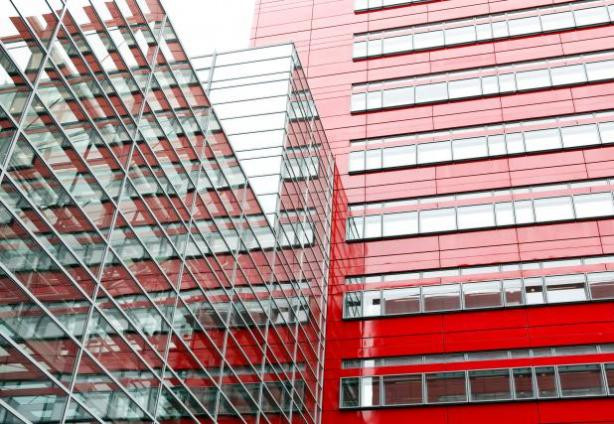Royal Bank of Canada announced this week that it would buy-out a 50 percent stake in RBC Dexia Investor Services from its joint venture partner Dexia Group, giving the Canadian giant full control of the business.
RBC will write down its investment in the unit, as the 838 million euro price tag is below current book value. RBC Dexia itself will take a hit when--as part of the deal--it swaps Dexia Group debt for debt in other European financial institutions that today is held by Dexia Group. That means RBC will have less exposure to Dexia.
Despite these losses, RBC’s Tier 1 capital ratio should be 12.9% after the transaction is completed, down from 13.2%, according to John Aiken, analyst with Barclays Capital in Toronto. The lower figure is still well above the levels required by most banking rules. “As such, this should ultimately be a successful transaction, assuming that Royal is able to continue to grow the business,” he said in a note to investors. “We do not view the reduction in capital ratios as significant and believe that this is more than offset by the anticipated increase in earnings.”
At the same time, some financial analysts have voiced questions about the custody bank’s growth plans. “As a global custody business, RBC management continues to believe that RBC Dexia is a scalable business whose growth trajectory will mirror that of the global wealth business growth profile,” Brad Smith of Stonecap Securities in Toronto, noted in a research report.
“Confirmation of this belief would require considerably more information than is currently available with respect to Dexia’s current and prospective customer base,” Smith said.
